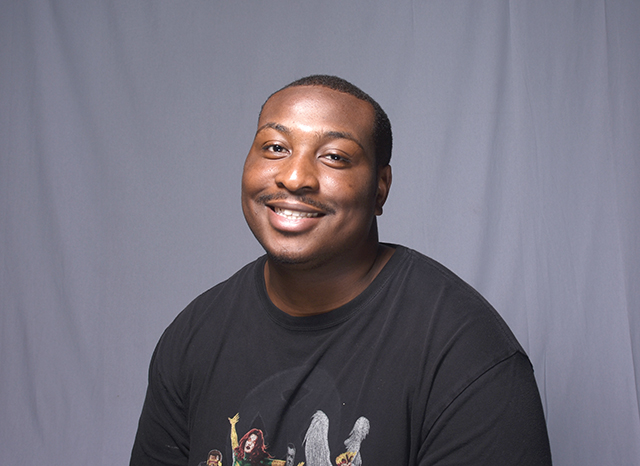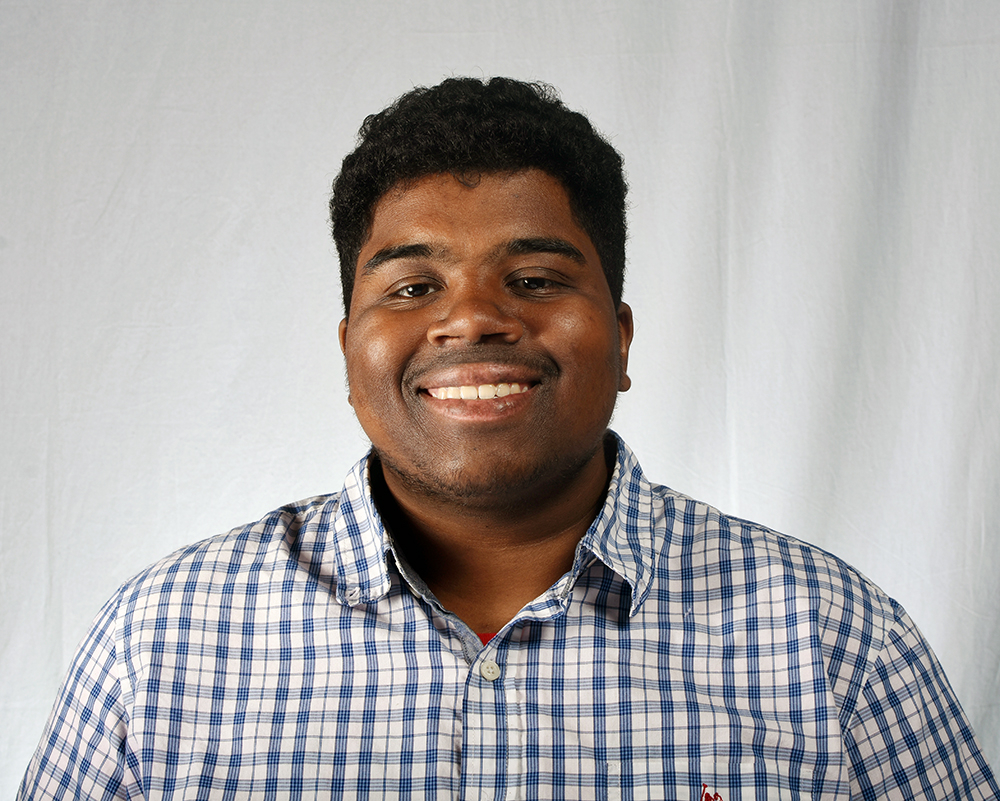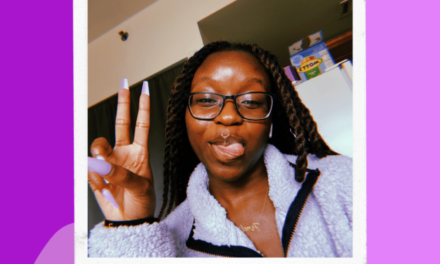Anna Carlson | Correspondent
With the closing of polls across the country on the evening of Tuesday, Nov. 6 came an exciting wave of ‘firsts’ for many national and state positions.
Some of the many historical elections included:
Jared Polis to Governor of Colorado, the first openly gay man elected governor in the U.S.;
Rashida Tlaib to the U.S. House of Representatives for Michigan and Ilhan Omar to the U.S. House of Representatives, the first Muslim congresswomen;
Alexandria Ocasio-Cortez to the U.S. House of Representatives for New York, youngest woman elected to congress; and
Deb Haaland to the U.S. House of Representatives for New Mexico and Sharice Davids to the U.S. House of Representatives for Kansas, the first Native American congresswomen.
These elections are not only impactful for the individuals being represented in their respective states, but they also indicate a positive change towards better representation for many people across the country.
Each of the above-mentioned individuals represents a minority community, whether that be that of the LGBTQ community, the Muslim community, the Native American community, etc. By holding a position like that of a state governor or one within the U.S. House of Representatives, these newly-elected officials offer people who identify with these same minority communities a voice they never had before.
Simply seeing someone who looks like you—or someone who identifies in the same was as you—in a position of significant influence can impact the way you see yourself.
Lupita Nyong’o, a highly awarded actress, once described this impact on her life in a 2014 interview with Glamour magazine.
“Until I saw people who looked like me, doing the things I wanted to do, I wasn’t so sure it was a possibility,” said Nyong’o. “Seeing Whoopi Goldberg and Oprah in ‘The Color Purple,’ it dawned on me: ‘Oh – I could be an actress!’ We plant the seed of possibility.”
This “seed of possibility” is the same inspiration that is implanted into the minds of minority youth when they see themselves in the people who work within our state and federal offices.
These elections, then, are extremely significant to the youth of America with aspirations to change their communities through politics.
By seeing women like Ilhan Omar and Rashida Tlaib win offices, young Muslim girls can more easily see themselves in positions of influence. By seeing people like Deb Haaland and Sharice Davids making an impact in the U.S. House of Representatives, young Native Americans can more strongly feel like their people have a voice. By seeing Jared Polis as the face of the state of Colorado, LGBTQ youth can take one more step towards feeling accepted in this country—and the list goes on.
This inspiration will not only touch the lives of the United States’ youth but it will also influence the mentality of the country’s young adults, like those that make up the majority of NC State’s student body. Seeing young women like Ocasio-Cortez take action, for example, will only fuel the passion of the country’s future lawmakers on this campus to stay dedicated and pursue their career aspirations.
While there are still very few Muslim American, Native American, and openly gay individuals in prominent public offices when looking at the country as a whole—and while that still is a problem that must be continually addressed—these historical elections indicate a positive shift in the national political sphere.
They prove that the country is moving towards creating a more diverse government, and, thus, a more fairly represented national populous, which is something worth celebrating.





